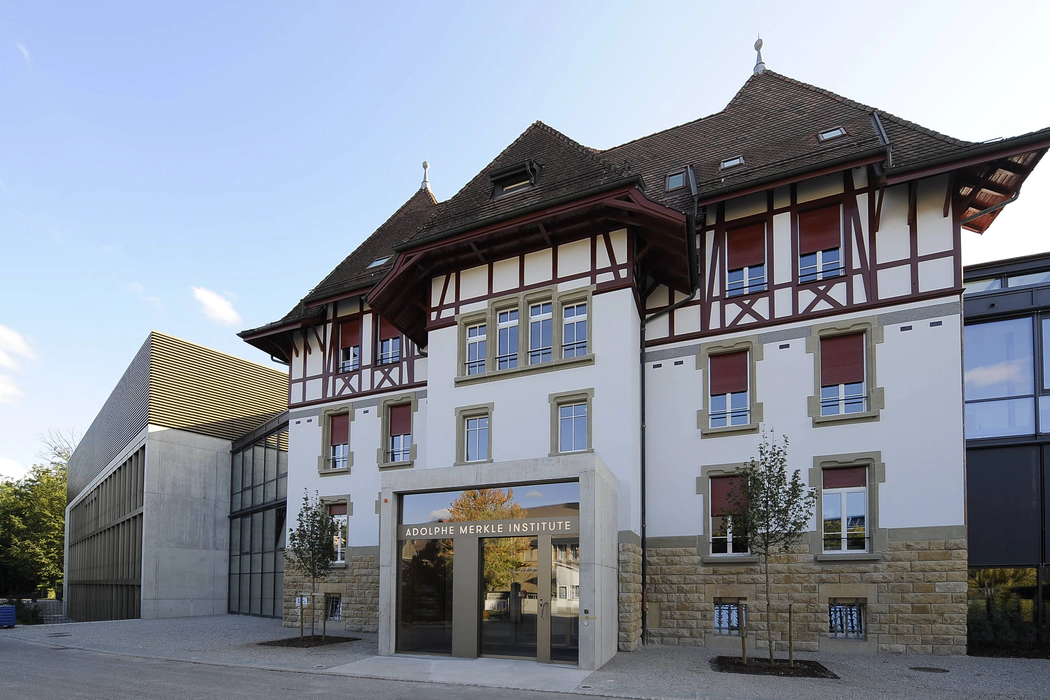Can the Perovskite Semiconductor Provide Sufficient Sustainable Energy in the Near Future?
DOI:
https://doi.org/10.21036/LTPUB10504Researcher
Michael Saliba is a group leader at the Adolphe Merkle Institute (AMI) at the University of Fribourg, Switzerland. He was a Marie Curie Fellow at the École Polytechnique Fédérale de Lausanne (EPFL) in Switzerland. He holds a DPhil in Physics from the University of Oxford where he worked in the Photovoltaic and Optoelectronics Group. In 2017, he was named among the World's ‘35 Innovators under 35’ by the MIT Technology Review, ‘Young Elite – 40 under 40‘ by the Capital Magazine, received the Réné Wassermann Prize from the EPFL, the Postdoctoral Award of the Material Research Society and the Science Award from Fraunhofer UMSICHT. He was also awarded the Young Scientist Award 2016 from the German University Association.

Original Publication
Incorporation of Rubidium Cations Into Perovskite Solar Cells Improves Photovoltaic Performance
Michael Saliba,
Taisuke Matsui,
Konrad Domanski,
Ji‐Youn Seo,
Amita Ummadisingu,
Published in
Cesium-Containing Triple Cation Perovskite Solar Cells: Improved Stability, Reproducibility and High Efficiency
Michael Saliba,
Taisuke Matsui,
Ji-Youn Seo,
Konrad Domanski,
Juan‐Pablo Correa‐Baena,
Published in
A Molecularly Engineered Hole-transporting Material for Efficient Perovskite Solar Cells
Michael Saliba,
Simonetta Orlandi,
Taisuke Matsui,
Sadig Aghazada,
Marco Cavazzini,
Published in
Citation
Michael Saliba,
Latest Thinking,
Can the Perovskite Semiconductor Provide Sufficient Sustainable Energy in the Near Future?,
https://doi.org/10.21036/LTPUB10504,
Credits:
© Michael Saliba
and Latest Thinking
This work is licensed under CC-BY 4.0
